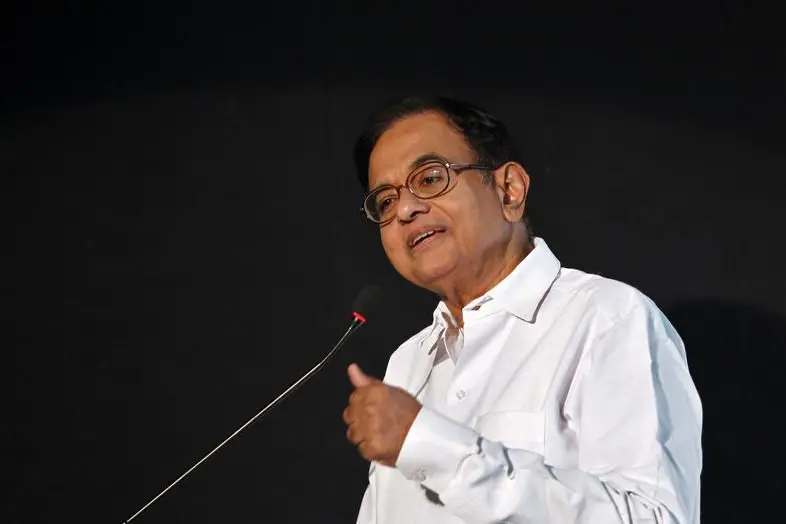PHOTO
(The author is a Reuters Breakingviews columnist. The opinions expressed are her own.)
MUMBAI (Reuters Breakingviews) - India is at risk of getting stuck in anti-corruption crossfire. After chasing down errant tycoons, authorities this week arrested opposition veteran and former finance minister, P. Chidambaram. The dramatic move, months after Prime Minister Narendra Modi’s landslide win, will fuel fears of factionalism. With the economy cooling and plenty of trouble spots to tackle, it also raises concerns over the unwanted consequences of an aggressive cleanup.
Television channels on Wednesday broadcast footage of police officers jumping over walls to arrest the fierce critic of Modi and his Bharatiya Janata Party over his involvement in investment approvals granted in 2007. A court has now ordered him into police custody for four days of questioning. Chidambaram and his son deny allegations of wrongdoing, and the Congress party has slammed the arrest as “a political vendetta”.
Indian politics and business are hardly pristine, and Modi’s crackdown has been harsh. In some aspects, it is reminiscent of the purge begun by President Xi Jinping in China from 2012. The political gains were clear, even if the economic consequences were mixed; unintended benefits included pushing credit away from sclerotic state companies towards more productive private ones.
New Delhi’s efforts come at a more delicate time. Biscuit sales are off, car sales are falling and GDP growth eased to 5.8% in the first quarter compared to a year earlier. That’s in part because of a push to reset how banks, tycoons and politicians operate. They have ranged from an unprecedented overnight ban on large banknotes to meaningful structural changes, including a new goods and services tax and introduction of a comprehensive bankruptcy regime.
India has credible legal avenues to tackle misdemeanours, even if they can be bumpy. A 2G spectrum scandal helped bring down the Congress government, making room for Modi to come to power in 2014, but a subsequent court ruling in 2017 said the prosecution “miserably failed” to prove any charge.
The general election in May gave Modi the mandate to push through economic change and plenty more. India will benefit from a judicious use of that clout.
CONTEXT NEWS
- An Indian court on Aug. 22 ordered former finance minister P. Chidambaram into police custody for four days of questioning, in a case relating to an investment approval granted by the government in 2007.
- "Considering all the facts of the case, the police custody is justified," judge Ajay Kumar Kuhar said.
- Chidambaram, arrested a day earlier, served several times as finance minister, most recently between 2012 and 2014, under the Congress party, now in opposition.
- The allegations centre around the role of Chidambaram, his son Karti Chidambaram, and several former government officials, in approving foreign direct investment in local media firm INX Media in 2007.
- Chidambaram, a vocal critic of Indian Prime Minister Narendra Modi and his policies, said the approvals were done by a government committee and he didn't have any role to play. His son who runs a consultancy also denied any wrong.
(Editing by Clara Ferreira Marques and Katrina Hamlin)
© Reuters News 2019





















